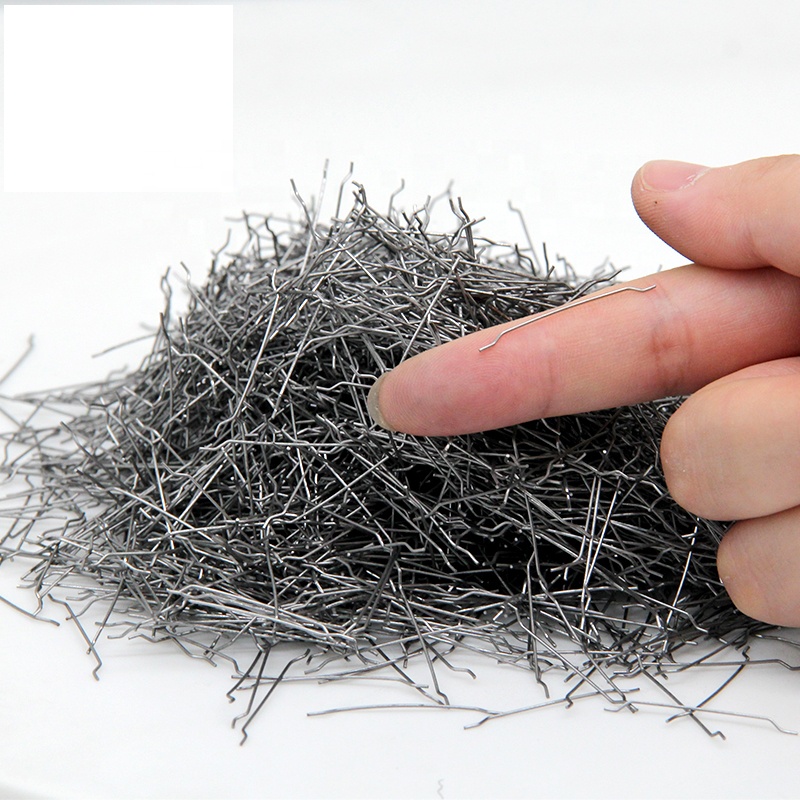Stainless steel fiber is a highly versatile material that has many advantages over traditional materials. In this article, we will explore the various advantages of stainless steel fiber in different applications. From its high tensile strength and durability to its resistance to corrosion and extreme temperatures, stainless steel fiber is a reliable material that is suitable for a wide range of uses. Whether it is used in construction, textiles, or even in medical applications, stainless steel fiber offers numerous benefits that make it a popular choice among engineers and designers.
Introduction:
Stainless steel fiber is a type of metal fiber that is made from stainless steel. It has numerous advantages over traditional materials, including high strength, durability, and resistance to corrosion and extreme temperatures. In this article, we will explore the many advantages of stainless steel fiber in various applications. We will also provide examples of how stainless steel fiber is used in different industries and summarize its benefits.
Advantages of Stainless Steel Fiber:
- High Tensile Strength: Stainless steel fiber has a high tensile strength, making it ideal for use in applications that require strong, durable material. Its strength-to-weight ratio is also excellent, making it a popular choice in the construction industry for reinforcing concrete structures.
- Corrosion Resistance: Stainless steel fiber is highly resistant to corrosion, making it ideal for use in harsh environments. It can withstand exposure to corrosive chemicals, saltwater, and other harsh conditions without corroding or rusting.
- Heat Resistance: Stainless steel fiber can withstand high temperatures without melting or degrading, making it ideal for use in high-temperature applications. It is commonly used in industries such as aerospace, automotive, and industrial manufacturing.
- Lightweight: Compared to other metals, stainless steel fiber is lightweight, making it easier to handle and transport. This property also makes it an ideal material for use in aerospace and other applications where weight is a critical factor.
- Flexibility: Stainless steel fiber is flexible and can be woven into fabrics, making it suitable for use in textiles. It can also be used in medical applications, such as in surgical implants that require flexibility and durability.
Examples of Stainless Steel Fiber Applications:
- Construction: Stainless steel fiber is commonly used in the construction industry for reinforcing concrete structures. It is added to concrete to increase its tensile strength and prevent cracking.
- Aerospace: Stainless steel fiber is used in the aerospace industry for its high strength-to-weight ratio and heat resistance. It is used in the production of aircraft components, such as engine parts and structural components.
- Textiles: Stainless steel fiber is used in the textile industry for its flexibility and durability. It can be woven into fabrics to create materials that are resistant to tearing and abrasion.
- Medical: Stainless steel fiber is used in medical applications for its flexibility and biocompatibility. It is commonly used in surgical implants, such as artificial joints and bone plates.
Conclusion:
Stainless steel fiber is a highly versatile material that offers numerous advantages over traditional materials. Its high tensile strength, corrosion resistance, and heat resistance make it ideal for use in a wide range of applications. From construction to aerospace, textiles, and medical applications, stainless steel fiber is a reliable material that is suitable for various uses. Its flexibility and durability make it a popular choice among engineers and designers who are looking for a reliable and effective material.
.jpg)
.jpg)
